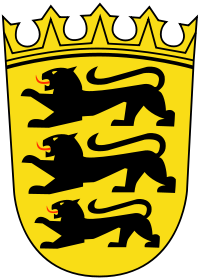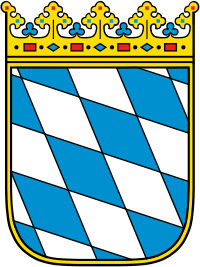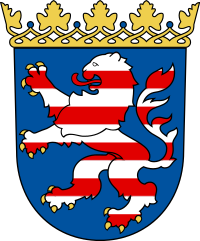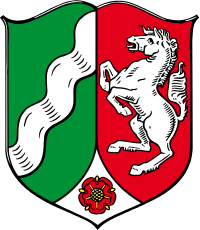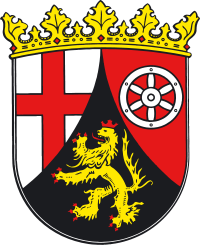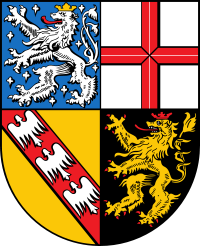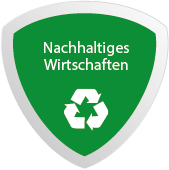Die nachfolgenden Inhalte stammen aus dem Kooperationsprogramm "INTERREG NORTH-WEST EUROPE" (genehmigt am: 18.05.2015).
Kurzbeschreibung
The actions shall provide environmental protection on the industrial level. Additionally the transfer and implementation of new technologies and solutions is required to optimise the use of material resources in line with territorial strategies.
Förderziel
To optimise (re)use of material and natural resources.
Fördergegenstände
Daten-, Informationsgrundlagen, Demonstrations-, Modell- und Pilotvorhaben, Monitoring, Evaluierung, Produktentwicklung, Markteinführung, Qualitätsregelungen, Zertifizierungssysteme, Sachinvestitionen in Umweltschutzmaßnahmen, Vernetzung, Kooperation, Wissenstransfer
Zuwendungsempfänger
The main beneficiaries are:
- Governmental organisations (local, regional, national and international).
- Civil society stakeholders (for example, third sector organisations such as NGOs and non profit organisations).
- Education and knowledge institutions, including private or semi-public research organisations.
- Intermediate bodies such as chambers of commerce, development agencies, cluster organisations, technology transfer offices.
- Public environmental organisations, such as water authorities and nature organisations.
- Enterprises.
Förderfähige Gebietskulisse
Die förderfähige Gebietskulisse in Deutschland umfasst: Saarland, Rheinland-Pfalz, Nordrhein-Westfalen, Hessen, Baden-Württemberg, Bayern (nur Oberfranken, Mittelfranken, Unterfranken, Schwaben).
Kooperationsmöglichkeiten bestehen mit folgenden Staaten: Frankreich, Luxembourg, Belgien, Niederlande, Vereinigtes Königreich, Irland, Schweiz.
Achtung: Bitte prüfen Sie im Kooperationsprogramm (KP, CP) welche Teilräume der Staaten förderfähig sind.
Art der Unterstützung
Non-repayable grant
Beschreibung
Actions are assigned to Programme-Part "Resource and materials efficiency - To optimise (re)use of material and natural resources in NWE".
Actions may include collaboration on:
- Implementing solutions to mitigate the impact of resource intensive industrial sectors.
- Designing and implementing new production measures by public, private and research organisations, delivering the concept of the ‘circular economy’.
- Designing and implementing new products, processes, technologies or solutions that minimise resource use and/or replace non-renewable materials, such as biomaterials, alternative fabrics and bio-plastics.
- Implementing life cycle analyses of products and services as a tool to improve resource efficiency - Developing and implementing collaborative approaches to increase the usefulness of waste, such as extraction of energy from waste.
- Developing 'industrial ecology' practices, encouraging collaborative approaches between organisations to use waste, energy and materials.
- Actions lead to a reduction of resource consumption, the use of limited material intensive products and services and the use of recycling solutions and secondary raw materials that are better adapted for end-of life disposal, leading to their uptake by economic stakeholders.
- Actions are aimed at the implementation of strategies rather than the development of strategies.
Hinweis: Weitere förderrelevante Informationen zur Maßnahme finden Sie im Cooperation Programme, S. 52-54.
Zielgruppe
- Resource intensive industrial sectors.
- Enterprises.
- Consumers.
- Governmental organisations (local, regional, national and international).
- Civil society stakeholders in the field of environment (for example, third sector organisations such as NGOs and non-profit organisations).
- Land owners.
Zentrale Zuwendungsvoraussetzungen
Wichtige weitere Informationen zu Zuwendungsvoraussetzungen, wie z. B. die Mindestanzahl an Projektpartnern, finden Sie in den zugehörigen Unterlagen.
Auswahlverfahren
Das Auswahlverfahren umfassen jeweils eine Prüfung der formalen Eignungsvoraussetzungen, dem "eligibility check", (S. 32-33 und 41-43 des Programmhandbuchs) und, bei Feststellung der Eignung, einem Assessment der Qualität des Projektes (S. 33 und 45), welches die strategische Passung zum Programm sowie die Güte des Projektes bewertet. Hinzu kommen ggf. maßnahmenspezifische Auswahlkriterien. Die endgültige Entscheidung wird durch das Monitoring Committee getroffen.
Projektauswahlkriterien
Actions carried out under this specific objective are selected based on six key principles:
- Transnational additionality: Projects should have a clear focus on the implementation of joint transnational actions and demonstrate the additionality of the transnational approach compared with regional, national, interregional or cross-border approaches.
- Innovation: Projects should meet the criteria of innovation as described in section 1. Innovation should lead to a optimized use of resources.
- External coherence: Projects building on the results generated by other European programmes are welcome. An explanation of synergies must ensure there is no overlap with existing or previous projects carried out under other EU-programmes.
- Territorial relevance: Projects should build on existing local, regional or national strategies.
- Cross-sectoral relevance: Partnerships must involve a diversified mix of innovation stakeholders (for example, enterprises, researchers, education institutions, training organisations, policy-makers, private investors).
- Result based approach: Projects should be geared towards the uptake of technologies or processes leading to a reduction in the volume of natural and material resources needed, as well as a decrease in the volume of waste generated in the NWE area. The projects must demonstrate how the project contributes to the proposed result indicator. In addition, the selection process gives priority to transnational projects using.
- Demonstration and pilot test projects, for example, projects that include a testing phase in real life conditions in order to maximise the transfer of knowledge and expertise between stakeholders. Projects focusing on purely academic cooperation or basic research are not eligible.
Laufzeit
Start der Maßnahme: 01.01.2014
Ende der Maßnahme: 31.12.2023

